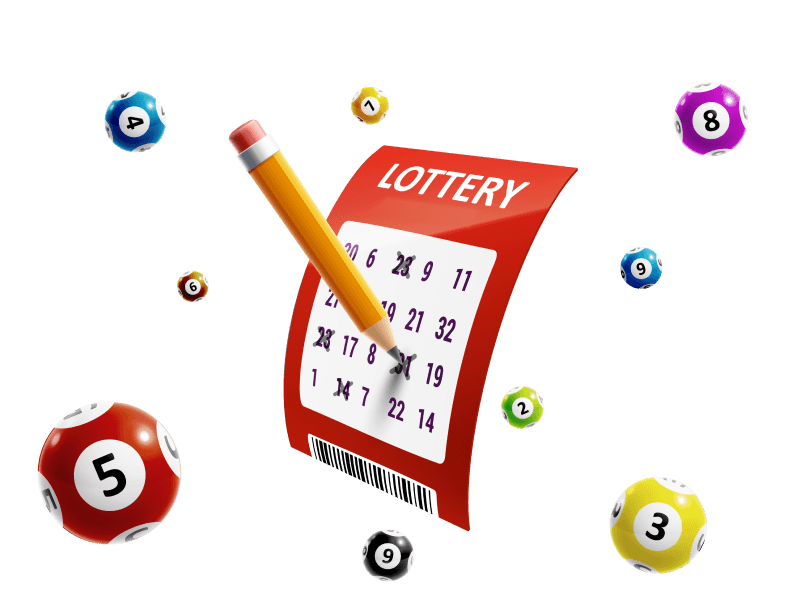Unpacking the Multi-Billion-Dollar Lottery Software Market Value

The economic scale of the technology that powers one of the world's most popular forms of gaming is substantial and consistently growing. The Lottery Software Market Value, which is on a clear path to grow from $5.7 billion in 2023 to $9.7 billion by 2032, is a direct reflection of the immense economic activity that these platforms enable and secure. This expansion, occurring at a steady 6.09% CAGR, is built on a business model that involves large-scale, long-term government contracts and a complex ecosystem of technology and services. The market's valuation is a composite of the high value of the core software systems, the sales of specialized hardware, and the recurring revenue from a wide range of managed services and support contracts, making it a highly stable and lucrative segment of the global gaming technology industry.
The largest and most significant component of the market's value is derived from the core software and systems that run the lottery. This includes the central gaming system that manages all game logic, ticket transactions, and prize calculations, as well as the sophisticated software that powers the retail point-of-sale terminals. A major contributor to this value is the long-term, multi-year contracts that vendors sign with government lottery authorities. These contracts often bundle the software license with ongoing maintenance, support, and regular updates. The mission-critical nature of this software, which must be incredibly secure and reliable, allows vendors to command significant licensing and service fees. The recurring revenue from these long-term contracts provides a stable and predictable financial foundation for the industry and is the primary element of the market's multi-billion-dollar valuation.
Another crucial contributor to the market value is the sale and leasing of specialized hardware, particularly the retail terminals that are the primary point of interaction for the majority of lottery players. These are not simple cash registers; they are purpose-built devices with integrated ticket scanners, printers, and secure communication links to the central gaming system. The leading vendors, such as IGT and Scientific Games, are also major manufacturers of this hardware. The sale, leasing, and ongoing maintenance of hundreds of thousands of these terminals in retail locations around the world represent a massive and continuous source of revenue. While the industry is shifting towards digital, the retail channel remains the dominant source of lottery sales, ensuring that this hardware component will continue to be a significant part of the market's value for the foreseeable future.
Finally, the market's value is being increasingly bolstered by the revenue generated from the rapidly growing online and mobile channels, or iLottery. The software platforms that power these digital channels are a major new source of value. Monetization in this segment often involves a different model, such as a revenue-sharing agreement where the software provider takes a small percentage of the total online sales. This directly aligns the vendor's success with the lottery operator's success in the digital space. Additionally, vendors generate value from a host of digital-specific services, such as developing and maintaining the player-facing mobile apps and websites, managing digital marketing campaigns, and providing advanced data analytics to help operators optimize their online offerings, creating a powerful and high-growth new dimension to the market's overall value.
Explore Our Latest Trending Reports:
Data Center Support Infrastructure Market
- Art
- Causes
- Crafts
- Dance
- Drinks
- Film
- Fitness
- Food
- Games
- Gardening
- Health
- Home
- Literature
- Music
- Networking
- Other
- Party
- Religion
- Shopping
- Sports
- Theater
- Wellness


